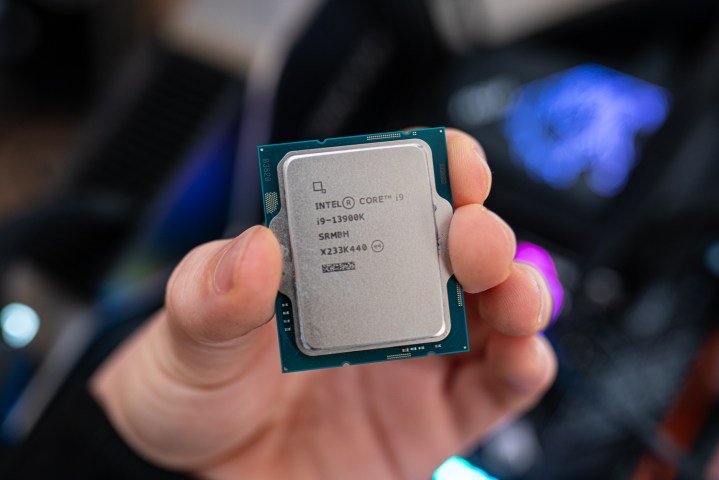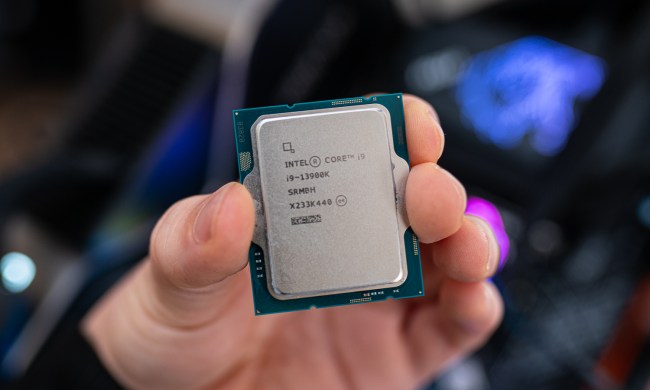The problems with Intel’s best processors have been going on for months, and Intel’s response has been measured. However, at long last, a fix might be imminent — provided that this one actually helps. A couple of motherboard vendors have already announced BIOS updates that address issues within the microcode of Intel’s 13th- and 14th-gen CPUs. With more to come, things might be looking up for the first time in a long time.
ASRock and MSI both announced BIOS updates, and those patches are already available for some motherboards. The following MSI boards are getting the update first:
- MEG Z790 Godlike Max
- MEG Z790 Ace Max
- MPG Z790 Carbon Max Wi-Fi II
- MPG Z790 Carbon Wi-Fi
- MAG Z790 Tomahawk Max Wi-Fi
- Z790 MPower
Meanwhile, ASRock is releasing the updates for the following:
- H610M-HDV
- H610M-HVS
These are just the first batches of official updates, with more likely to follow soon — MSI promised to deliver all BIOS updates for Intel 700 and 600-series motherboards before the end of August.

If you own an Asus motherboard for one of Intel’s Raptor Lake CPUs, you can also get your hands on a beta build of the latest BIOS update. Posted on the Asus ROG forums, these BIOS updates affect a range of Asus’ ROG Maximus, ROG Strix, and ProArt 700-series motherboards. However, seeing as these are beta builds, it might be better to hold off until Asus releases them through more official channels.
It’s worth noting that these patches will help those users who have yet to run into any snags with their Intel CPUs. The microcode update should prevent issues with increased voltages in Intel’s 13th- and 14th-gen processors, thus protecting them from instability.
If your CPU is already struggling, your best bet is to reach out to Intel (if you built it yourself) or to the system manufacturer (if it’s a prebuilt) and get it replaced. Intel just recently announced that it will extend the warranty on the affected processors by an additional two years.
It’s good to see a new patch after such a long stretch of silence. Hopefully, once everyone gets their updates, the instability issues will finally come to an end. Now, the question is: How will the CPUs perform with this new patch?
The last time a BIOS update was released as a fix for these problems, some CPUs lost 9% or more of their performance due to the new limitations. We asked Intel whether the new microcode update would have the same effect, but Intel hasn’t responded to our question. We will have to test this for ourselves and see the impact of the new patch firsthand.




